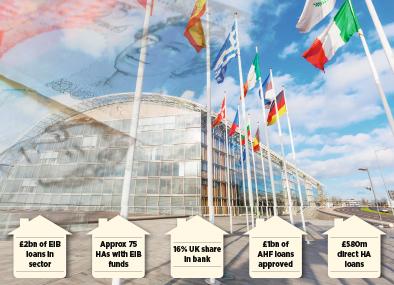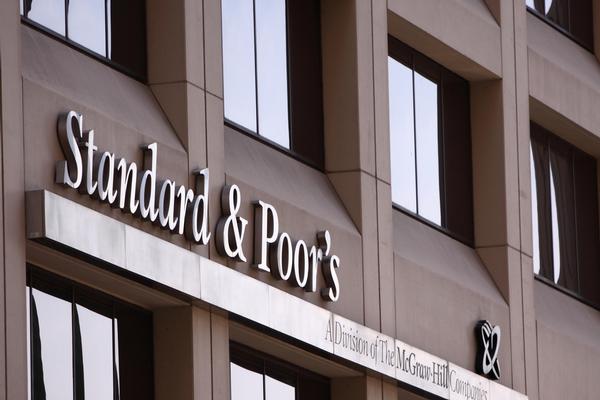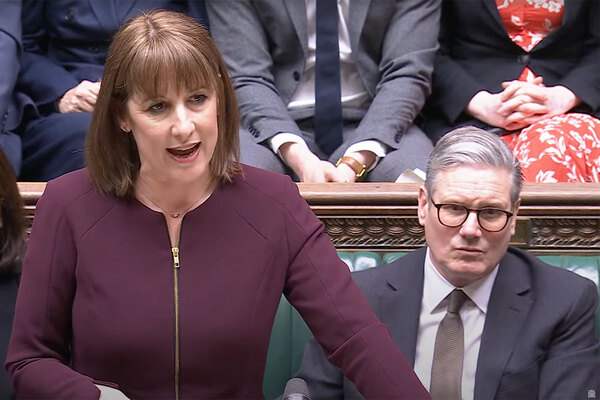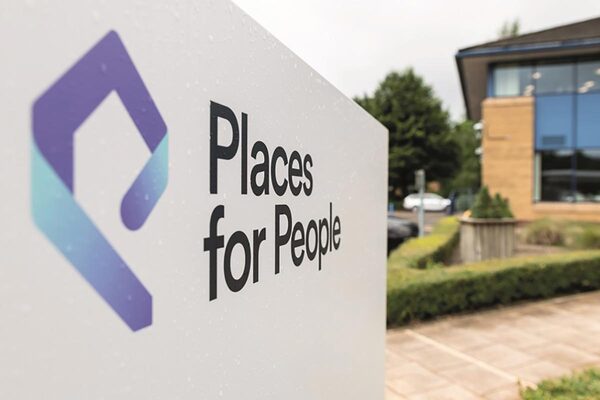HA markets teeter amid Brexit chaos
Funders and major associations offer assurances amid economic and political uncertainty. Chloe Stothart and Luke Cross report.
Spreads on almost all HA bonds have widened but yields have fallen following the UK’s vote to leave the European Union and a subsequent unprecedented fall in gilts.
Spreads widened on almost every HA bond tracked by data provider Markit between the day of the vote (23 June 2016) and 29 June, but not by enough to completely offset the fall in gilts. Every HA bond followed by Markit saw its yield fall.
The largest rise in spread and the smallest fall in yield was on Guinness Partnership’s bond maturing in 2025. Its spread rose by 29.6 basis points while its yield dropped by 12 basis points. Only Places for People’s bond maturing in 2020, saw its spread tighten in that time, with a fall of 6.26 basis points.
But the larger drop in gilts meant its yield fell by 37 basis points, which was the biggest fall of the bonds tracked. It has the least time to maturity of the housing association bonds tracked by Markit.
HA bonds are traded relatively infrequently so many of the spreads are based on the level banks’ trading desks see as appropriate.
Despite the fall in gilt yields, few HAs are expressing an interest in issuing bonds, according to Jonathan Clarke, partner at Centrus Advisors. He said HAs are ‘still in relatively cautious mode’, with more looking to banks for short-term money where there is more flexibility.
Swap rates, which are linked to gilt prices, also fell in the past few weeks and following the referendum result.
The Homes and Communities Agency sought assurances from HAs holding free-standing derivatives to check whether they were able to put up extra collateral in the event of a change in mark-to-market values.
HAs seeking to replace fixes that are ending will get ‘fabulous rates’ at present but it is much more expensive to break them, said Sue Harvey, director at Campbell Tickell. It could therefore be more difficult to collapse a group structure, she said.
Moody’s gave a negative outlook to the ratings of 41 HAs following its change to the UK’s outlook.
By 6 July 2016, Standard and Poor’s (S&P) had downgraded 23 HAs in response to its downgrade of the UK sovereign rating from AAA to AA after the Brexit vote (see pie chart).
Scotland’s biggest housing provider Wheatley Group was downgraded by two notches from AA to A+ and placed on ‘creditwatch’ negative, just a fortnight after S&P awarded it the top rating in the UK sector and said its close ties with the Scottish government meant it was better insulated. S&P then said creditwatch reflected ‘much weaker intergovernmental relations’ and ‘potentially increased uncertainty over revenue and expenditure’.
S&P had noted the relative scale of Swan’s London development and regeneration activities, giving it a negative outlook. A Swan spokesperson said they will ‘monitor the impact of Brexit on the London property market and adjust our plans accordingly’.
Waqar Ahmed, L&Q’s group finance director, said its downgrade was ‘outside our control’ and reflected the value that the ratings agencies put on government intervention. He does not expect a ‘sector wide correction’ in ratings to increase borrowing costs.
‘Spreads in the secondary market have hardly moved and investors carry out their own analysis of their clients and form their own opinion.
‘We’re able to demonstrate to our investor base that financial ratios and credit rating ratios are in the same category as they were the morning before, and therefore we would still expect to be deemed as highly attractive place to invest and to get good margins.’
But he added: ‘Banks and investors are more critical than ever in delivering our goals, but at the same time we need to earn their confidence and make sure they continue to see this sector and us as organisations as good places to invest.’
He said ‘now could be a very good time to access long-term cheap debt’, suggesting a ‘flight to quality’ from stocks and shares and corporate bonds into a well-regulated sector
‘That’s a positive and we need to take advantage of that,’ he added.
What the funders were saying:
Mark Davie, head of social housing at M&G Investments - which has £5bn invested in housing - reiterated his commitment to the sector, pointing out that funding is ‘still looking for a good home’.
Banks are also understood to be giving a ‘business as usual’ message.
The European Investment Bank, which has provided £2bn of funding to social housing over the last decade, said it is ‘still open for business’.
Piers Williamson, chief executive of The Housing Finance Corporation - one of the largest financiers in sector - suggested it might re-open the door for the government guarantee scheme, which closed to new applicants in March.
Related Files
RELATED








